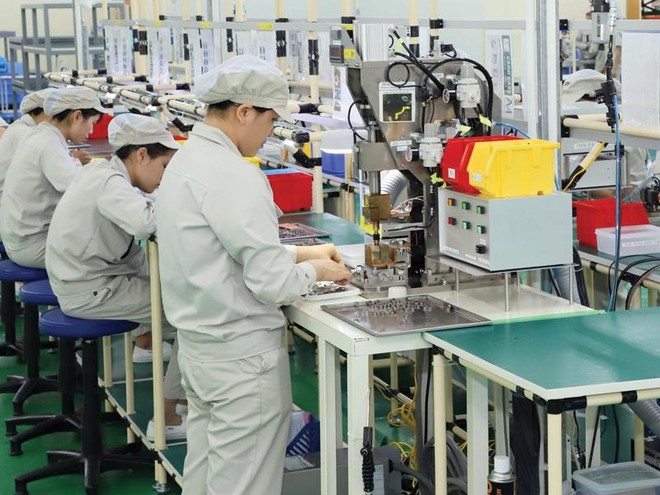Vietnam regarded as top investment destination for Japan businesses
- Vietnam Business Summit 2020 underlines digital transformation amid COVID-19
- Vice President calls for solidarity among ASEAN businesswomen
- Conference held to promote overseas businesses' support for HCMC

Vietnamese enterprises have been advised to make rapid adjustments in order to adopt strategies aimed at seizing upon opportunities from the fresh wave of investment from Japan, according to insiders.
Most notably, over 2,000 Japanese enterprises had invested in the country by the end of 2019, with the East Asian nation therefore ranking second with a total registered capital of US$59.6 billion, making up 15.6% of total investment capital.
During the opening nine months of the year, Japan also had 209 new investment projects nationwide, ranking third among the country’s investment partners.
This comes after the Japan External Trade Organization (JETRO) recently unveiled a list of 15 companies that have received subsidies from the Japanese Government to relocate from China to Southeast Asian countries, including Vietnam, the Philippines, Malaysia, Thailand, and Laos.
Furthermore, according to a survey by JETRO published in February of Japanese enterprises investing in Asia and Oceania, 63.9% of firms doing business in Vietnam stated that they would continue to expand business operations throughout the country, representing the highest rate in ASEAN and ranking third in relation to the Asia and Oceania region.
This can therefore be considered a good opportunity for local firms to strive to enhance co-operation and connectivity with Japanese enterprises, especially those businesses that operate in the field of manufacturing spare parts and supporting technologies.
Moreover, Japanese enterprises have selected Vietnam for merger and acquisition (M&A) deals with 19 M&A transactions taking place between both sides during the reviewed period.
According to experts, businesses are required to encourage technology transfer to help boost technology level and production capacity as a means of meeting the strict requirements in terms of product quality, environmental protection, labour safety, and benefits for workers.

